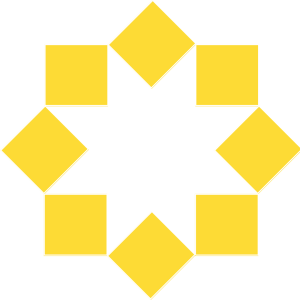
Woman to Woman – Blog 1

I’m Maheen and I’m from Pakistan. #WomanToWoman, I want to talk to you about feminism. When I was growing up in Pakistan I went to an all-girls school. There was lots of talk about empowerment and ambition amongst women- how we could do anything, and could smash barriers, but it was fairly superficial. We didn’t get into the nuances of feminism, and we were in a protected environment so didn’t have so much of an idea about inequality in the real world. In Pakistan, we did discuss women’s rights, and the way social class influences outcomes, but we didn’t use the word feminism.
Now, if you asked me what feminism meant, I would say it’s a philosophy that supports all women accessing power, no matter the circumstances they were born into.
In 2005 I went to Canada to study in sociology and psychology. This was really liberating because I had a lot of friends who were well-informed feminists. I was intrigued and took classes on feminism, reading about the sociology of gender, feminist philosophy and the sociology of work. I took on a part-time job and this was the first time I’d worked, so it gave me more of a sense of the real world and how gender politics play out. This is when I became aware of intersectional feminism (feminism that takes into account all women’s diverse experiences, not only the majority). In Pakistan I was in a majority but in Canada I was in a minority. My awareness of difference was political – a growing awareness of the way race and class influence how sexism plays out, and personal – I was more aware of differences such as my accent, or the way I dress. I felt less confident to speak out in class, for example, than I would have back home.
My room-mate ran for election in student council. I supported her in her campaign and enjoyed it so much, I then became more involved in student activism. I was part of the ‘No Means No’ campaign on campus to raise awareness of the issue of consent.
We also worked to ensure the student council became more diverse and representative of the student body.
I attended our local ‘Take Back The Night’ march, which was part of a wider campaign to end sexual violence and victim-blaming.

These experiences were so powerful, I knew I wanted to devote my life to helping marginalised people and fighting against structural inequalities. Since then, that’s what I’ve done. In the past, in Pakistan, I worked to make high-quality education accessible to boys and girls in low-income schools. I trained caregivers in childhood sexual abuse. I moved to Scotland and I was really glad to hear about Amina existing as it supported everything I believe in. I started volunteering here and now I work on the Employability team, helping other women to overcome barriers and find work, volunteering and greater confidence in their skills, and I’m also an ESOL tutor, supporting women to improve their skills in conversational English.
When you first learn about inequality, it’s so hard to take in, it’s easier to ignore the problem or resist the facts. But the more you read and interact with a diverse group of people who share their thoughts on the issues, the more your understanding grows.
#WomanToWoman, there’s nothing more empowering than taking action against inequality. Each woman can make a difference!

